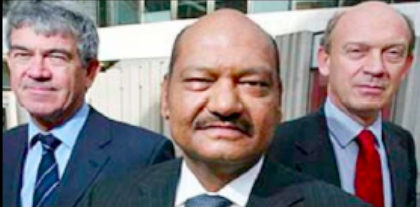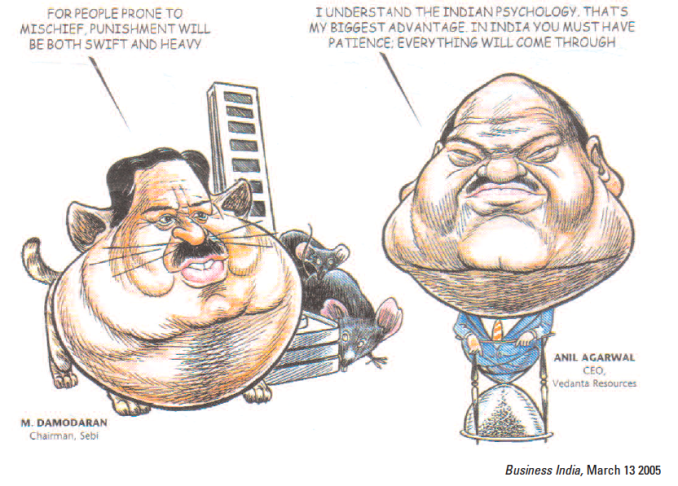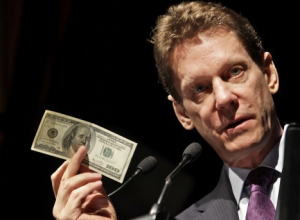Vedanta Resources was listed on the London Stock Exchange (LSE) in December 2003, with the help of mining kingmaker Brian Gilbertson, the first Chair of Vedanta, who had previously masterminded the biggest-ever mining merger, between Billiton and BHP in June 2001. The launch was also supported by DfID official Piers Harrison, and former High Commissioner to India Sir David Gore-Booth, also one of Vedanta’s first Directors. It was the first Indian company listed on the LSE, and one of the biggest Initial Public Offerings (IPOs) of its time. By mid December 2003 Vedanta had sold more than half a billion pounds worth of shares, and achieved a market capitalisation of over a billion pounds.

But the company, and Anil Agarwal, already had a chequered past. Vedanta’s fore-runner, Sterlite, was condemned in 1998 by the Securities Exchange Board of India (SEBI) for insider trading, alongside two other private Indian companies (BPL and Videocon), in one of the biggest cases of stock-market fraud in India. Sterlite was banned from accessing the market for two years. Agarwal had organised the share price rigging with ‘promoter’ Harshad Mehta, who had earlier been found guilty of defrauding the State Bank of India of five billion rupees. Mehta set up a string of front companies known as the Damayanti Group which acquired 30,000 Sterlite shares as a loan, inflating the market price by 41% between April and June 1998.

Also in 1998, Sterlite (via Agarwal’s offshore entity Twin Star Holdings in Mauritius) acquired a major stake in First Dynasty Mines (FDM), controlled by the infamous Robert Friedland, known as “Toxic Bob” for fleeing to Canada following a colossal pollution incident at his company Galatic Resources’ Summitville gold mines in Colorado, and later presiding over the industry’s biggest ever cyanide spill, at Omai mine in Guyana. Through First Dynasty, Agarwal’s Sterlite Gold (a Canadian listed company) took over mining rights at the Zod and Meghradzor gold mines in Armenia. Within several years Sterlite’s subsidiary, the Ararat Gold Recovery Company (AGRC), had out-sourced the majority of mining jobs and faced protests over working conditions and workers’ rights. In 2004 the Armenian government accused AGRC of tax evasion and failure to report profits, and later froze the company’s assets as well as imposing $58 million in fines, following an investigation.

Hence, an LSE source told the London Times on December 10, 2003 that Vedanta’s listing had gone through “only after a quiet word in many ears.”
The record breaking IPO was largely based on Vedanta’s claim to hold bauxite mining rights at the Niyamgiri Hills in Odisha, India. The company’s 1 million tonne Lanjigarh alumina refinery at the base of the hills was under construction at the time of the London launch, but, as ten years of legal battles and a now world-famous tribal-led people’s movement would prove, Vedanta never obtained the rights to mine Niyamgiri’s bauxite. Yet in November 2004 the Financial Times helped inflate the company’s share price by reporting that ‘Vedanta Alumina has secured the right to mine bauxite at a 75m tonne deposit at Lanjigarh.’
In 2010 Vedanta was named ‘the world’s most hated mining company’ by The Independent newspaper in Britain. In 2011 the former Director of the Confederation of British Industries, Richard Lambert, named Vedanta as ‘one of the companies that have been found guilty of gross violations of human rights’ saying, ‘It never occurred to those of us who helped to launch the FTSE 100 index twenty seven years ago that one day it would be providing a cloak of respectability and lots of passive investors for companies that challenge the canons of corporate governance such as Vedanta…’ This statement was later quoted in a parliamentary debate on British listed mining companies.